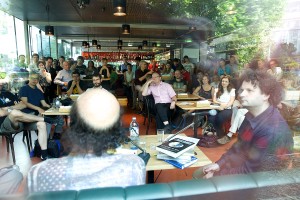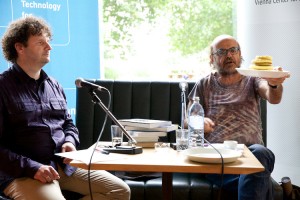Guest post by Moshe Vardi
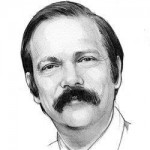 When John F. Kennedy became president of the United States, he invited all US Nobel Laureates for a dinner at the White House. At his welcoming remarks he commented that this was the greatest assemblage of intellect in the White House, “since Thomas Jefferson used to dine here, alone!” This magnificent hall contains now about 1,000 logicians. It is probably the greatest assemblage of intellect in Vienna since Kurt Goedel lived here. :-)
When John F. Kennedy became president of the United States, he invited all US Nobel Laureates for a dinner at the White House. At his welcoming remarks he commented that this was the greatest assemblage of intellect in the White House, “since Thomas Jefferson used to dine here, alone!” This magnificent hall contains now about 1,000 logicians. It is probably the greatest assemblage of intellect in Vienna since Kurt Goedel lived here. :-)
This morning Dana Scott told us about the amazing period of the Vienna Circle in the first part of the 20th Century, when Vienna, unquestionably, was the logic capital of the world. The apex of that period was in 1930-1, when Goedel published first the Completeness Theorem and then the Incompleteness Theorem. Unfortunately, that period ended rather tragically. Hans Hahn, Goedel’s PhD advisor, died rather young, at age 54, in 1934. Rudolf Carnap, concerned with the rise of Nazism, emigrated to the US in 1935. Moritz Schlick, the key organizer of the Vienna Circle, was assassinated on his way to class in 1936. In 1939, after the 1938 annexation of Austria by Nazi Germany, Goedel left Vienna and made his way to the United States via a circuitous route. So died logic in Vienna, 75 years ago.
And logic stayed dead in Vienna until the mid 1980s, about 30 years ago, when Matthias Baaz, Georg Gottlob, and Alexander Leitsch, brought it back to life. Today, logic again is flourishing in Vienna, in particular, and in Austria in general, So it is entirely appropriate that today, 75 years after logic died in Austria, we celebrate its revival in the 2014 Vienna Summer of Logic.
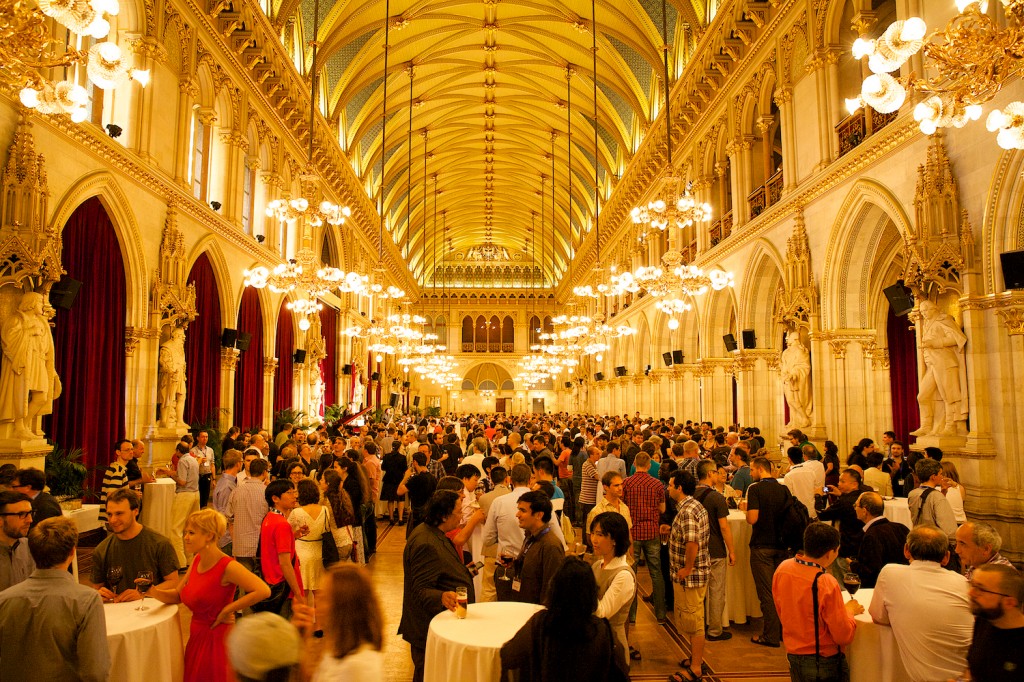
© VSL 2014 / Photography: Nadja Meister
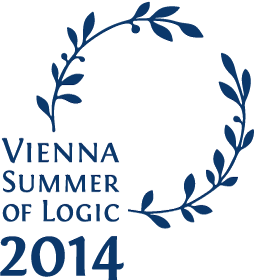

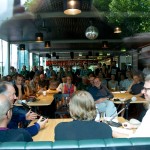
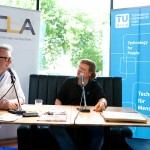
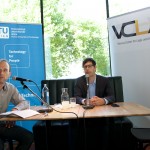
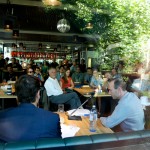
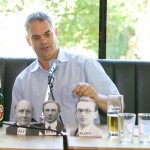
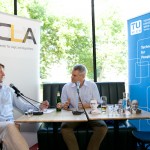
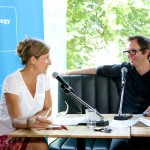
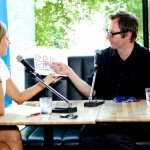

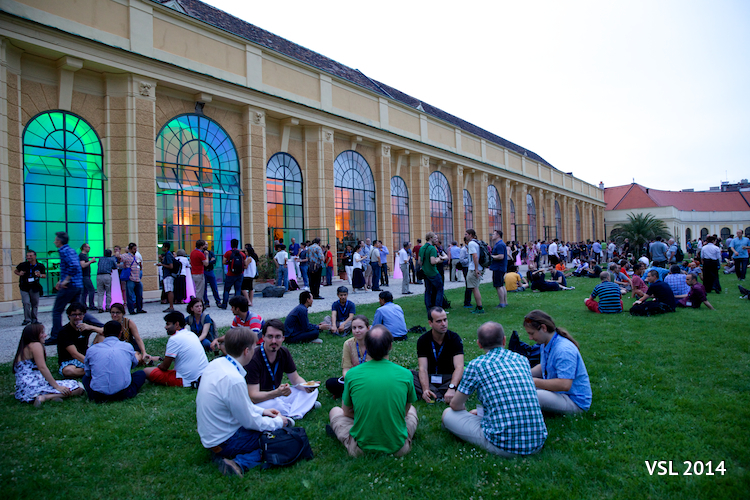
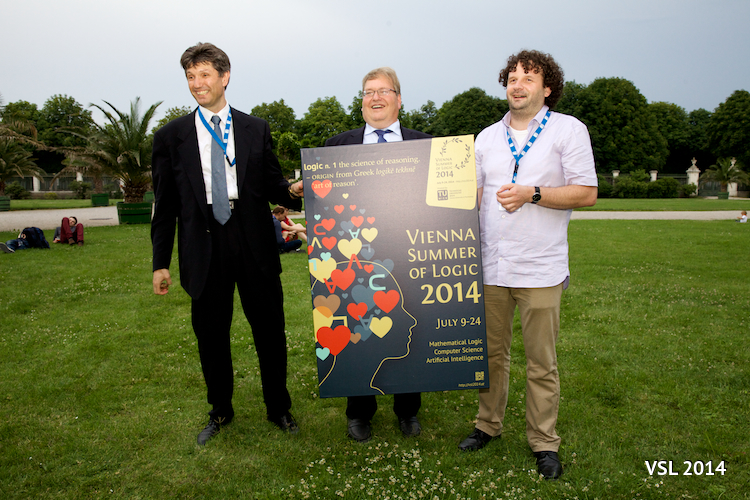
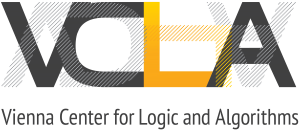 The Vienna Center for Logic and Algorithms announces the first edition of the
The Vienna Center for Logic and Algorithms announces the first edition of the
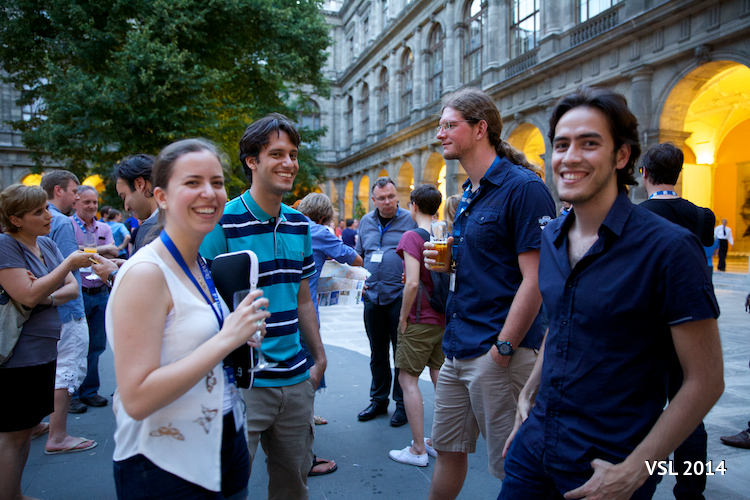
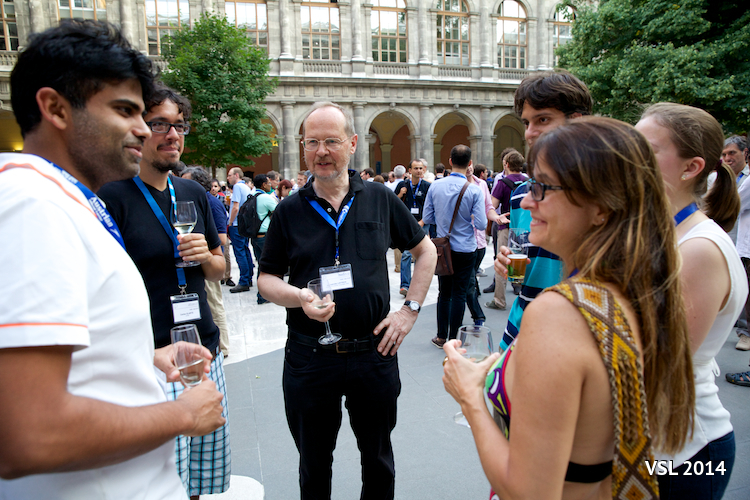

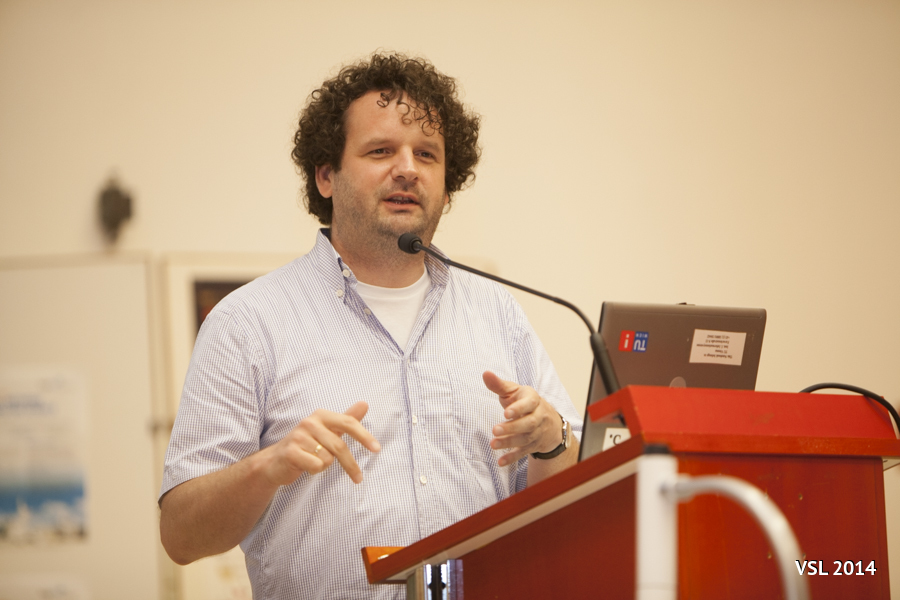
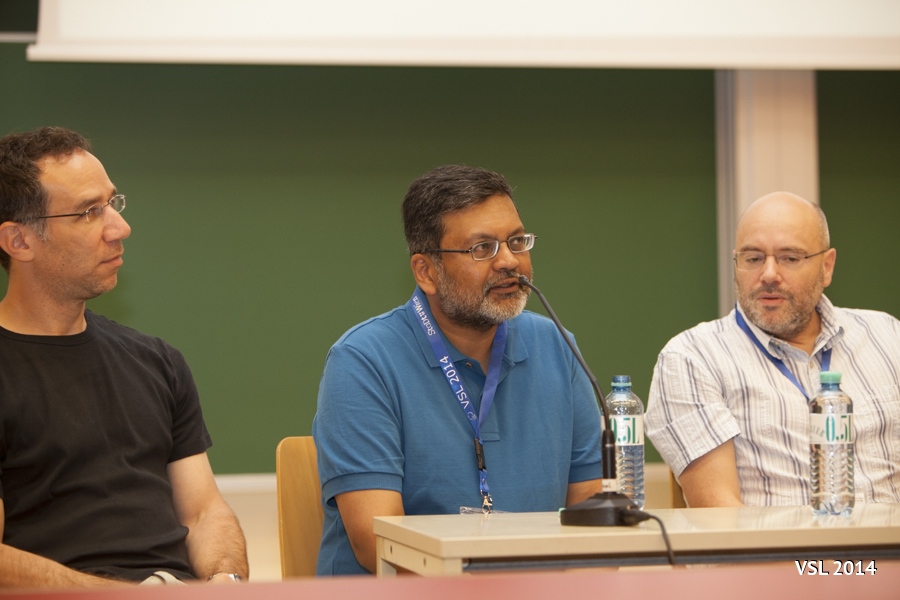
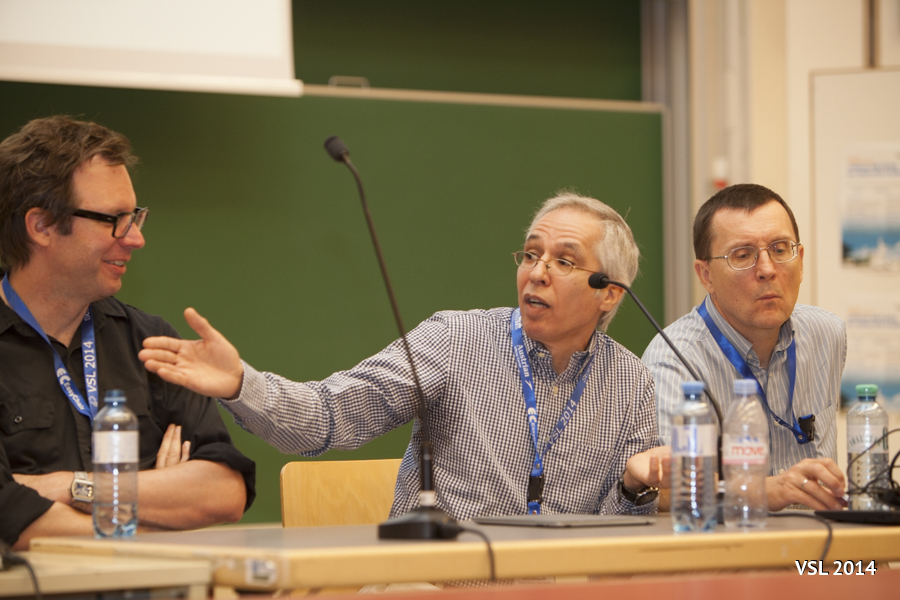
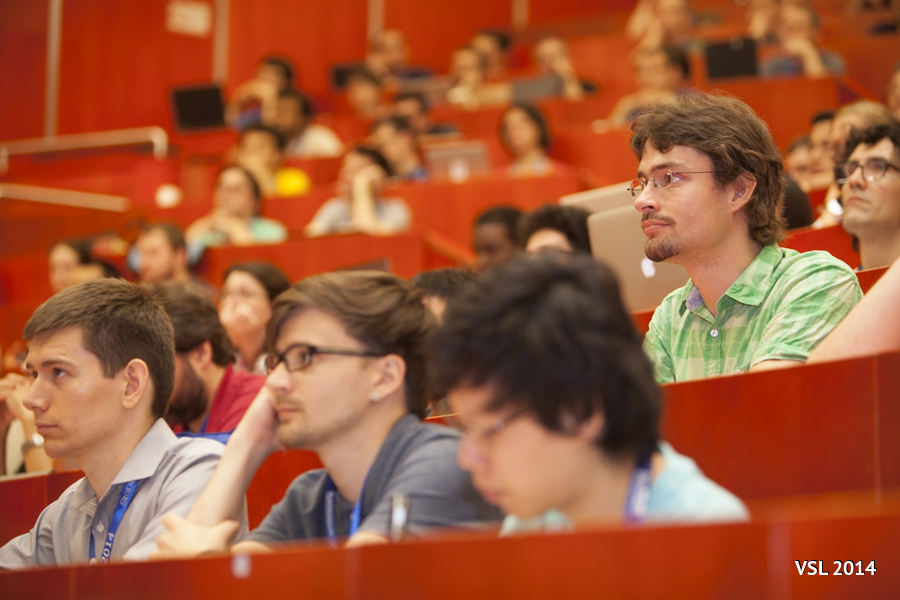
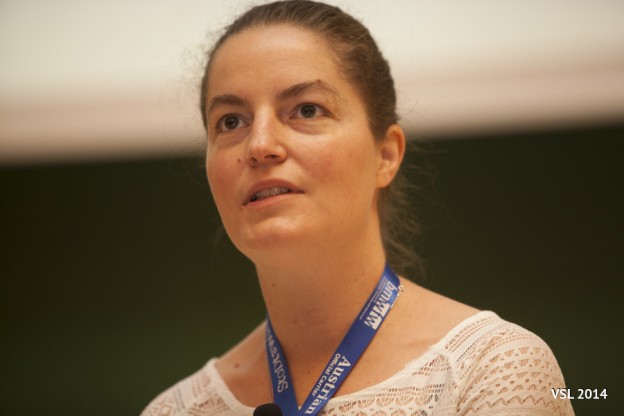
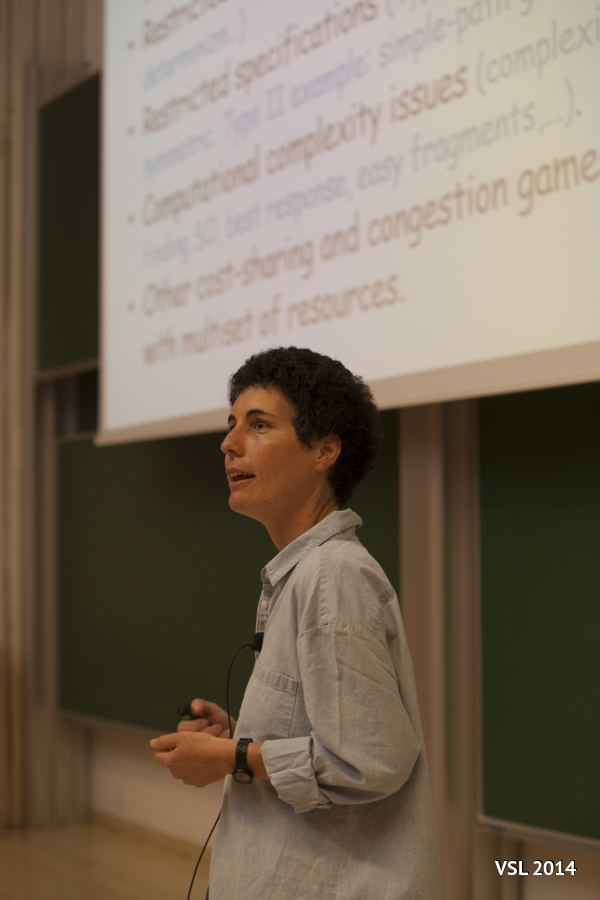
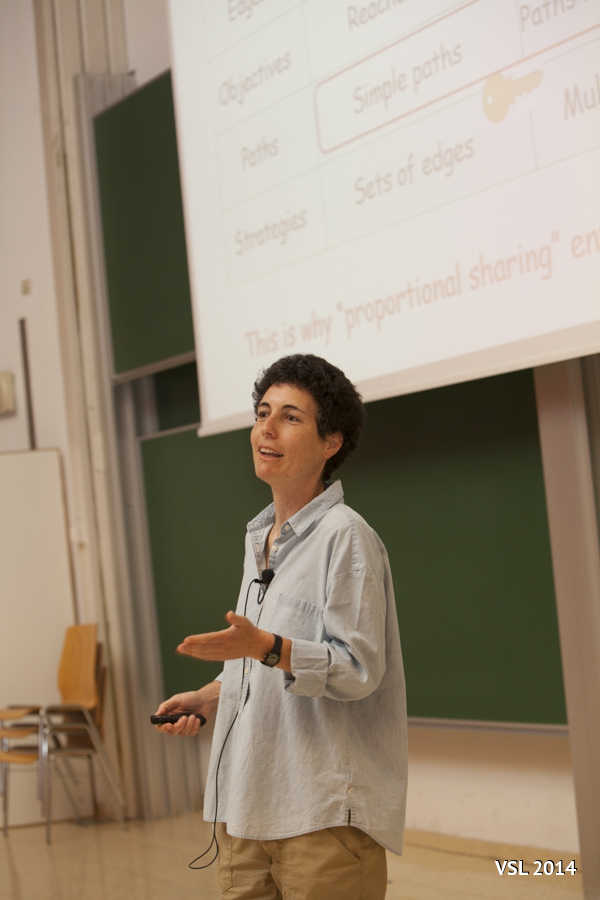
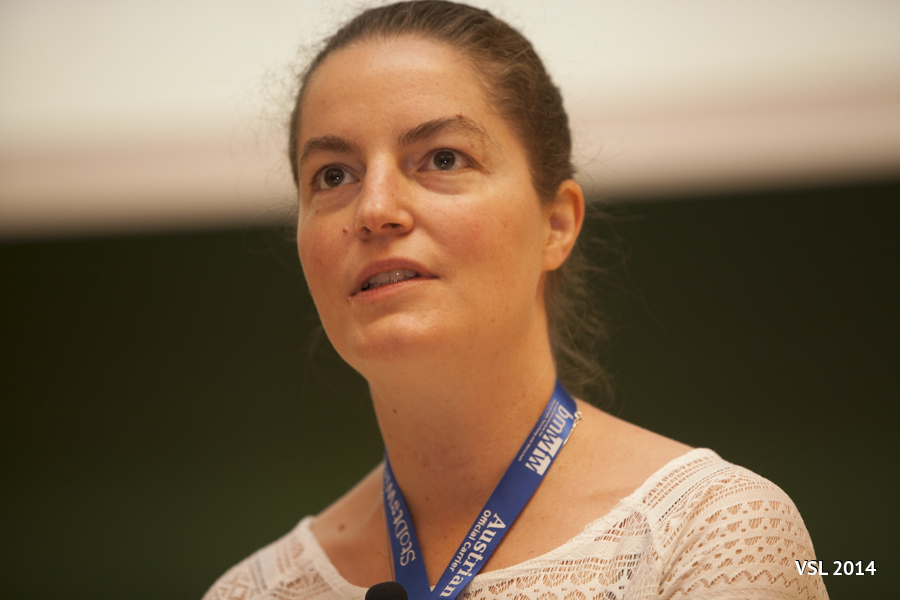
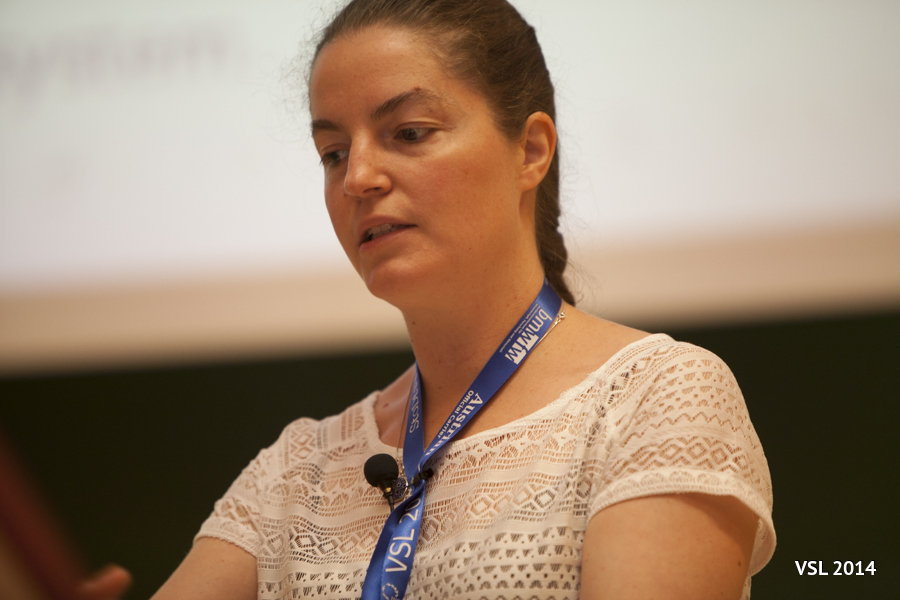
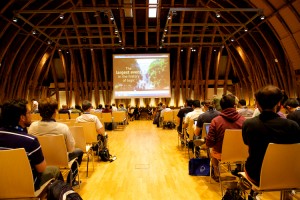

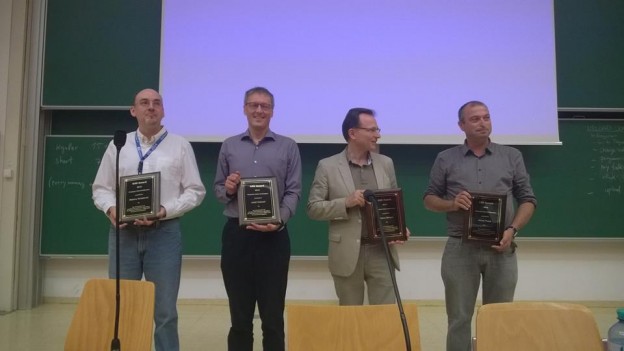
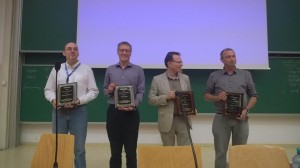
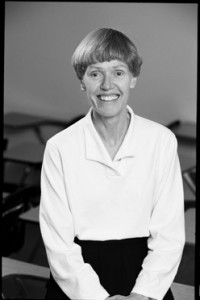 The Association for Symbolic Logic presents two of its major
The Association for Symbolic Logic presents two of its major 
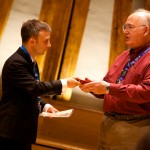
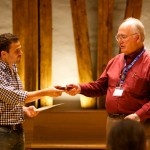
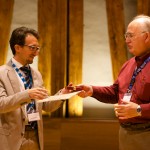
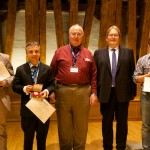
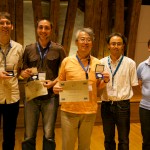
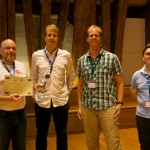
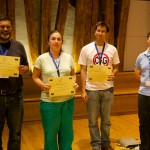
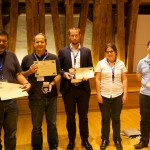
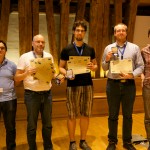
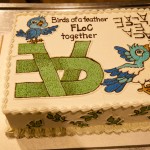
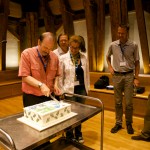
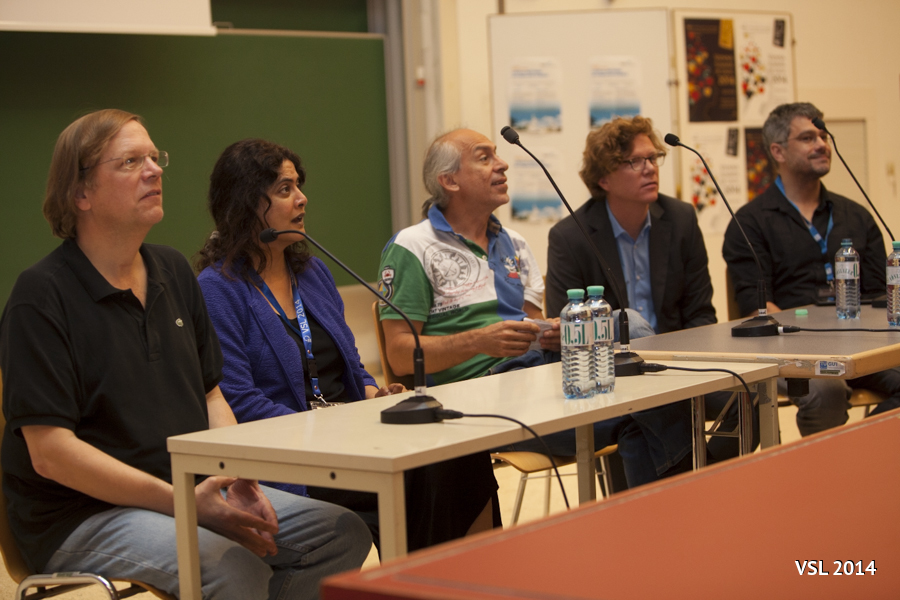
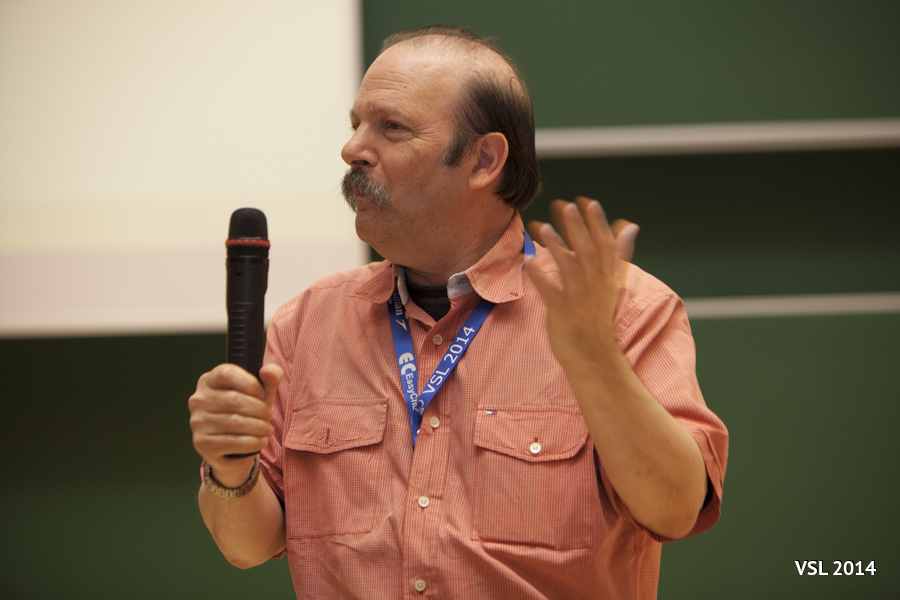
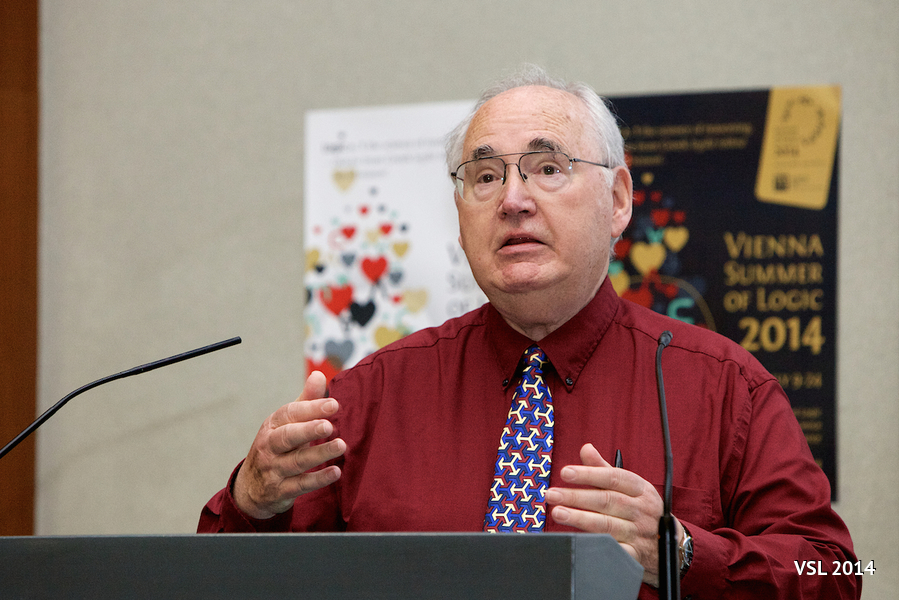
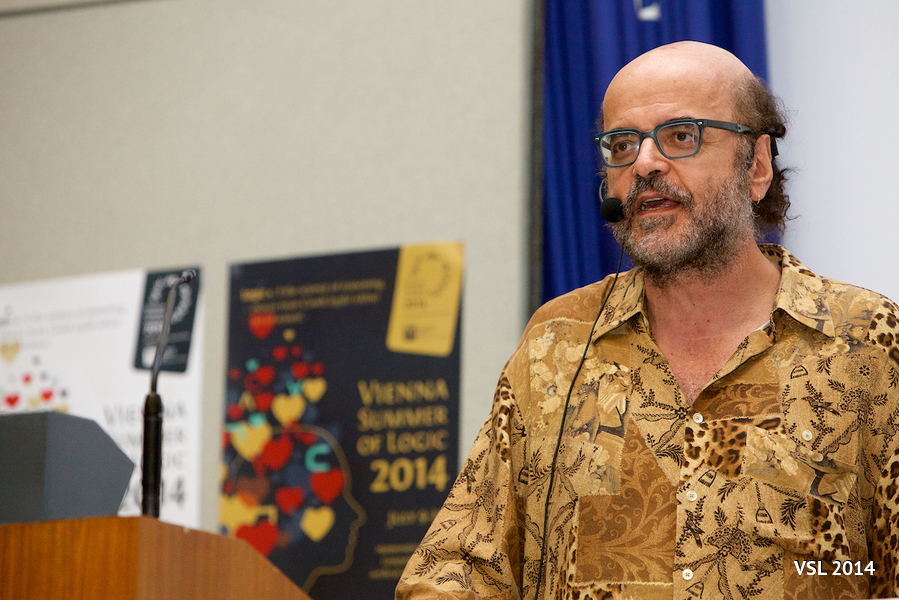
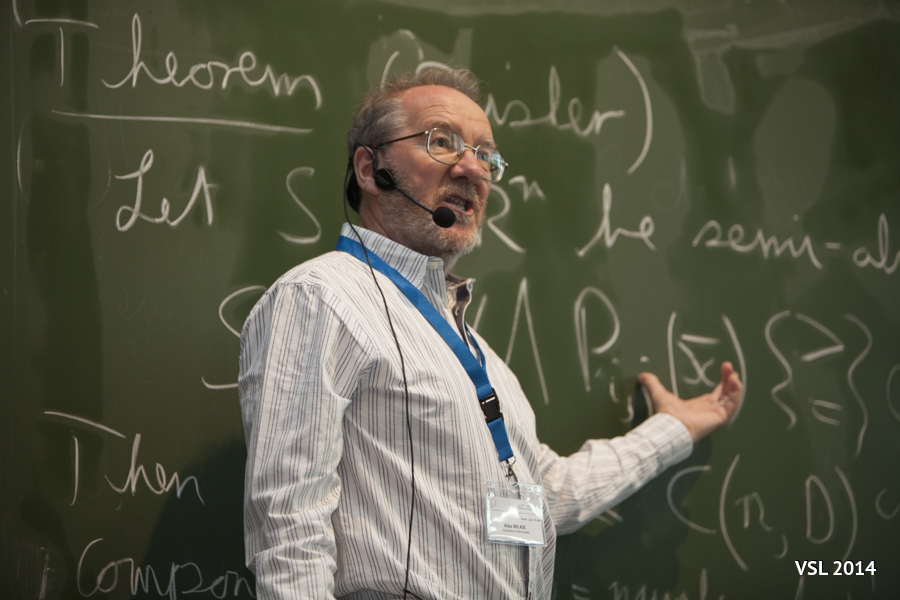
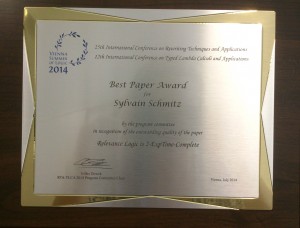
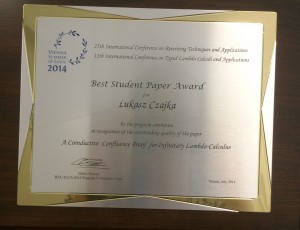
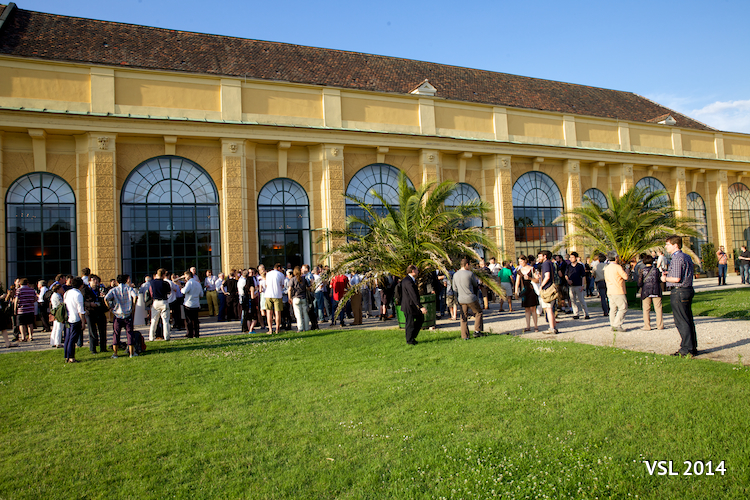
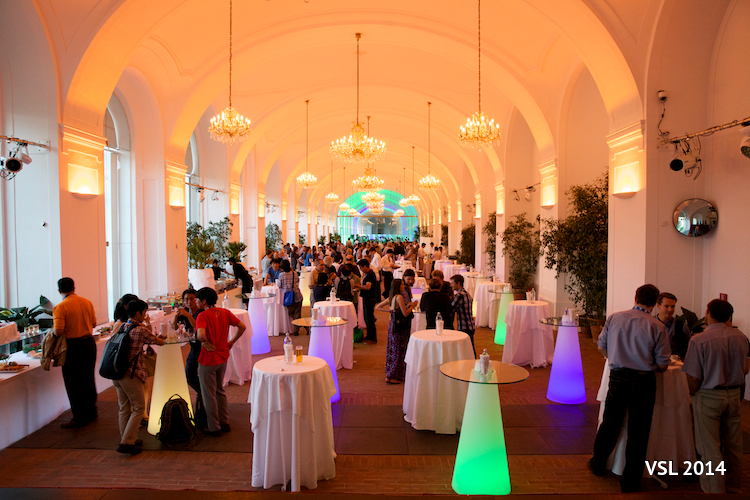
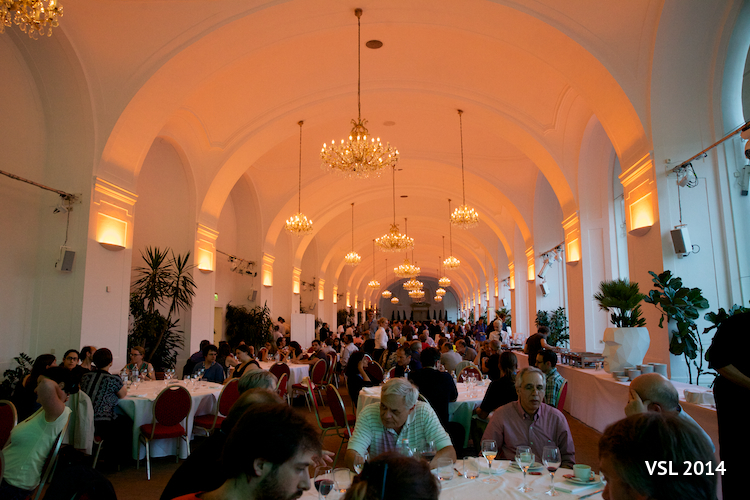
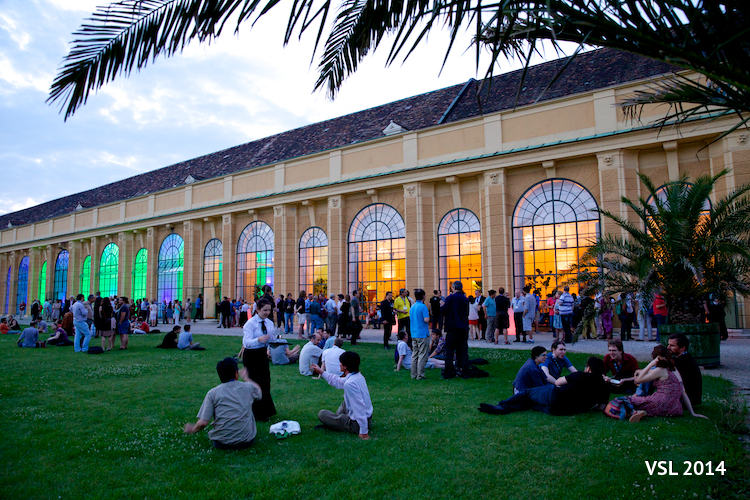
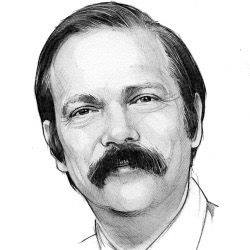
 When John F. Kennedy became president of the United States, he invited all US Nobel Laureates for a dinner at the White House. At his welcoming remarks he commented that this was the greatest assemblage of intellect in the White House, “since Thomas Jefferson used to dine here, alone!” This magnificent hall contains now about 1,000 logicians. It is probably the greatest assemblage of intellect in Vienna since Kurt Goedel lived here. :-)
When John F. Kennedy became president of the United States, he invited all US Nobel Laureates for a dinner at the White House. At his welcoming remarks he commented that this was the greatest assemblage of intellect in the White House, “since Thomas Jefferson used to dine here, alone!” This magnificent hall contains now about 1,000 logicians. It is probably the greatest assemblage of intellect in Vienna since Kurt Goedel lived here. :-)
